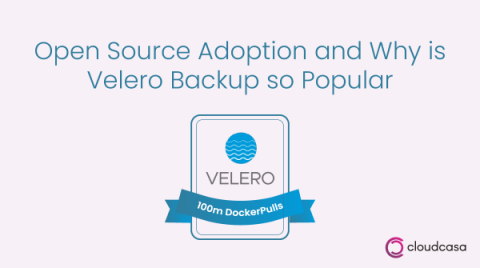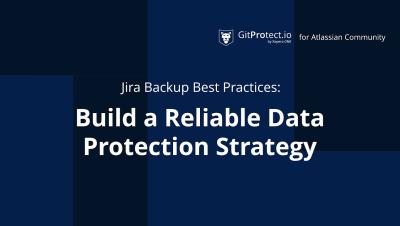Open Source Adoption and Why is Velero Backup so Popular
In the cloud native world, open source solutions are popular and widely used. Velero, an open source software, is quickly becoming a standard for Kubernetes backup and has been pulled over 100M times from Docker Hub! It is the most popular choice amongst Kubernetes community for backup and recovery. In a recent episode of TFiR, Swapnil Bhartiya sits down with Sathya Sankaran, Chief Operating Officer at CloudCasa by Catalogic, to talk about the power and potential of open source ecosystem.











